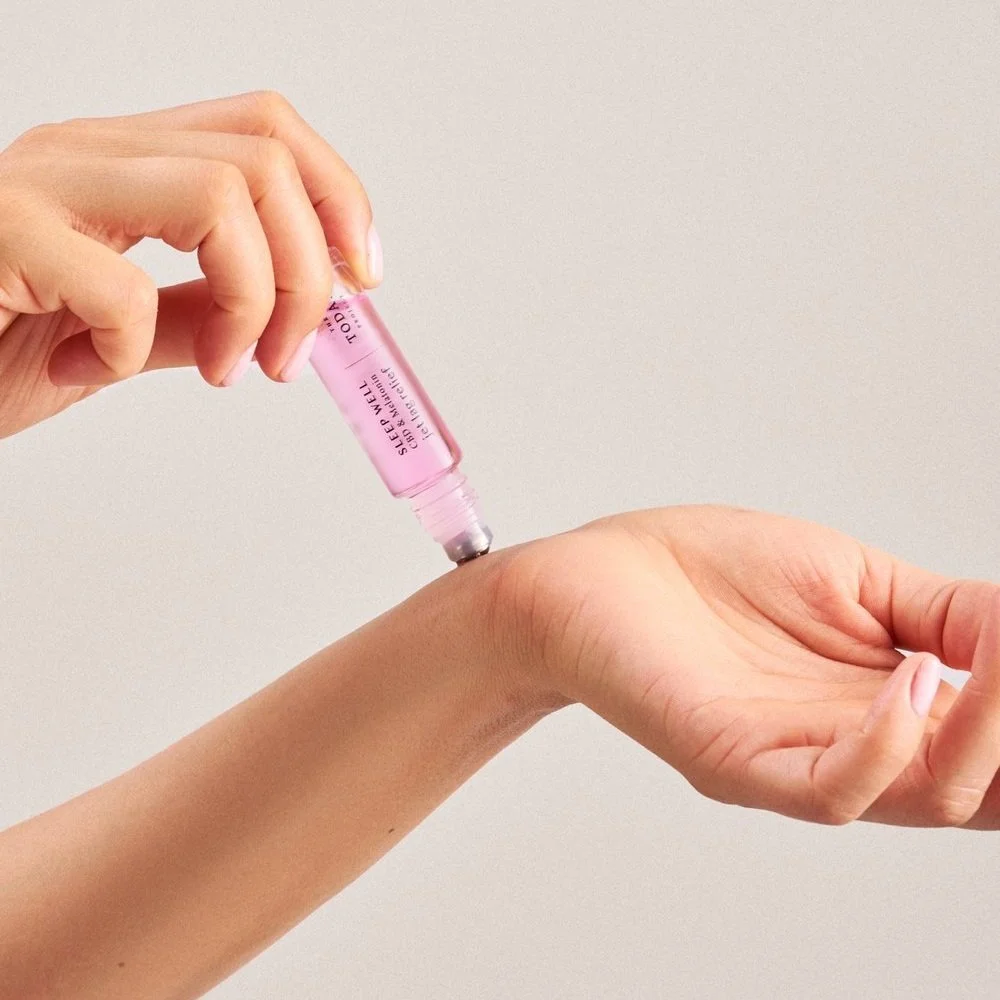Topical Melatonin: the ingredient that regenerates your skin while you sleep
Sleeping well doesn’t just revitalise the mind – it also transforms your skin. During the night, skin repair processes accelerate, and certain ingredients can enhance this natural regeneration. One of the most promising is topical melatonin, an active that bridges science, wellbeing, and slow beauty rituals.
Still uncommon in conventional skincare, melatonin has become highly valued in conscious formulations for its ability to stimulate the skin’s antioxidant defences and help repair daily damage.
What is topical melatonin and how does it work?
Melatonin is a hormone that regulates the circadian rhythm, but it also has powerful antioxidant and regenerative properties.
Studies published in the Journal of Pineal Research and International Journal of Molecular Sciences have shown that melatonin stimulates antioxidant enzymes such as superoxide dismutase, catalase, and glutathione peroxidase. It also protects against oxidative damage and UV radiation while improving collagen synthesis and restoring lipid balance, resulting in healthier, more resilient skin.
This activity not only protects but also promotes skin that is more resilient, smooth, and luminous upon waking.
Benefits of melatonin for the skin
✓ Endogenous antioxidant: Rather than acting as a direct antioxidant, it stimulates the skin’s internal cellular defence mechanisms.
✓ Mitochondrial regeneration: Enhances cellular energy and promotes keratinocyte renewal.
✓ Anti-inflammatory effect: Calms stressed or reactive skin, ideal for sensitive or fatigued skin types.
✓ Nighttime synergy: Boosts the action of other ingredients such as CBD, stabilised Vitamin C, or peptides.
How to use topical melatonin?
Melatonin is ideal for nighttime use, when the skin’s circadian system is most receptive. You can integrate it into your routine as follows:
Cleanse your face or body with a gentle product.
Apply the melatonin treatment directly to the skin or spritz it (if it is a mist).
Enhance its sensorial effect with deep breathing.
Follow with a nourishing cream or oil if desired.
At The Today Project, you will find it in Sleep Well Jet Lag, a sensorial body mist for rest that combines melatonin and CBD with calming essential oils of red grapefruit and bergamot. Ideal to induce restful sleep and support skin regeneration overnight.
regenerate your skin while you sleep
●
regenerate your skin while you sleep ●
How is melatonin obtained?
The melatonin found in advanced cosmetic formulas or supplements does not come from plants or animals. It is a synthetic but bioidentical molecule – nature-identical – meaning its structure is exactly the same as the melatonin naturally produced by your pineal gland.
This melatonin is created through controlled chemical synthesis in laboratories under high standards of safety and purity. In many cases, this synthesis uses green chemistry principles, such as:
Use of less toxic or reusable solvents
Minimising waste during production
Low-energy, highly efficient conditions
Because it is not extracted from animal tissues (as in the past), it avoids ethical or traceability concerns and ensures consistent, scalable production.
A key ally for your slow beauty ritual
In a fast-paced world, topical melatonin is an invitation to reconnect with your skin’s natural rhythm. Its nighttime use, scientific efficacy, and bioidentical origin make it the perfect active for those seeking regenerative, conscious, and sensorial skincare.
FAQs about Topical Melatonin in Skincare
-
Topical melatonin stimulates the skin’s natural antioxidant defences, protects against oxidative damage, supports collagen production, and promotes overnight regeneration, resulting in smoother and more resilient skin.
-
Yes. Topical melatonin is well tolerated by most skin types, including sensitive skin, as it works with the skin’s natural systems without causing irritation.
-
Absolutely. Using topical melatonin nightly can enhance your skin’s repair and renewal processes, especially when combined with other calming or regenerative actives.
-
Melatonin used in skincare is synthetic but bioidentical, meaning its molecular structure is identical to that produced naturally by your body, ensuring safety, consistency, and ethical sourcing.
-
Yes. By enhancing cellular repair and antioxidant activity, melatonin helps reduce signs of fatigue and ageing, leaving the skin looking firmer, smoother, and more luminous over time.
At The Today Project, we believe that true skincare goes beyond ingredients – it’s about conscious formulation, science-backed efficacy, and rituals that respect your skin and the planet. Discover who we are and how we create clean, sensorial beauty with purpose.




